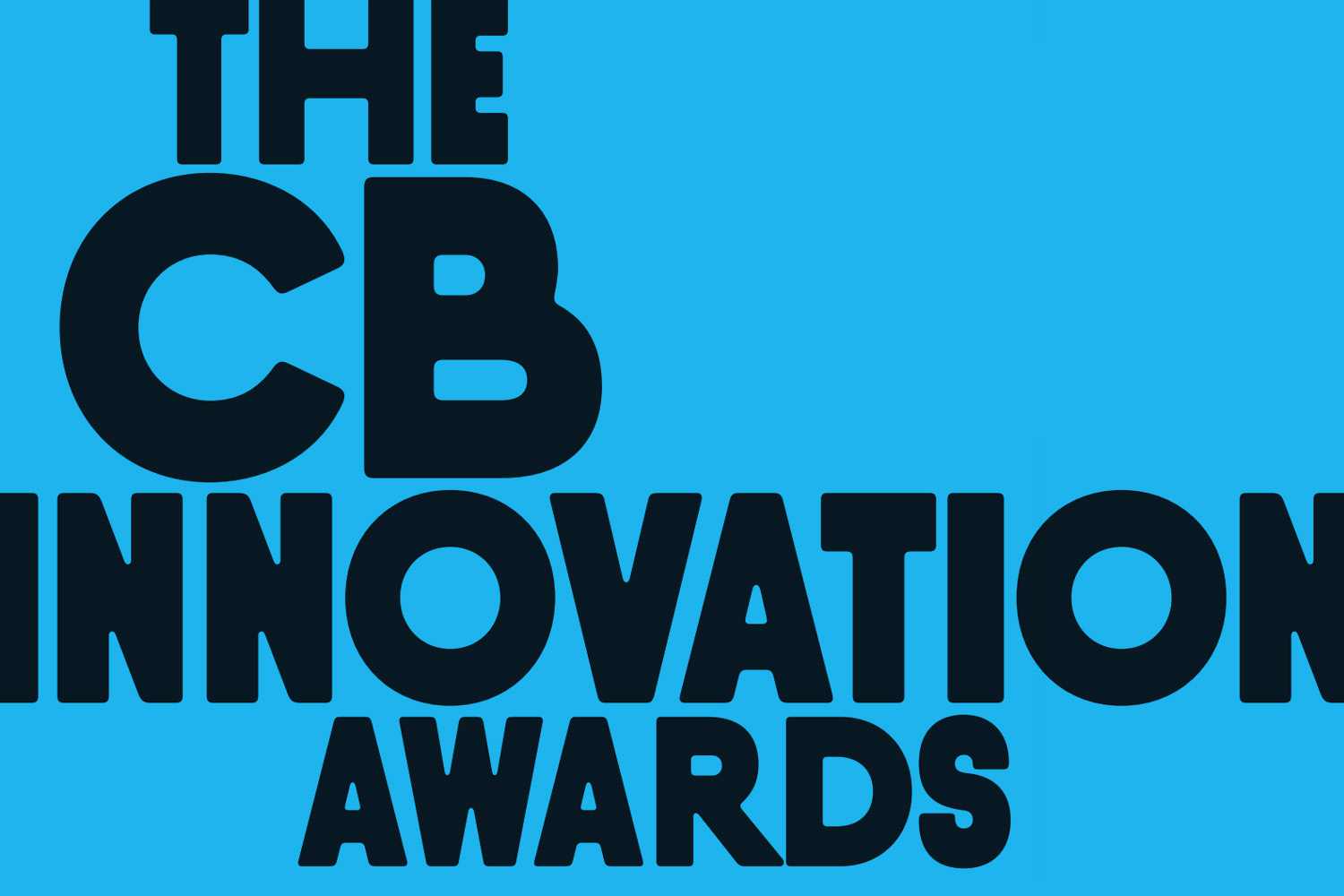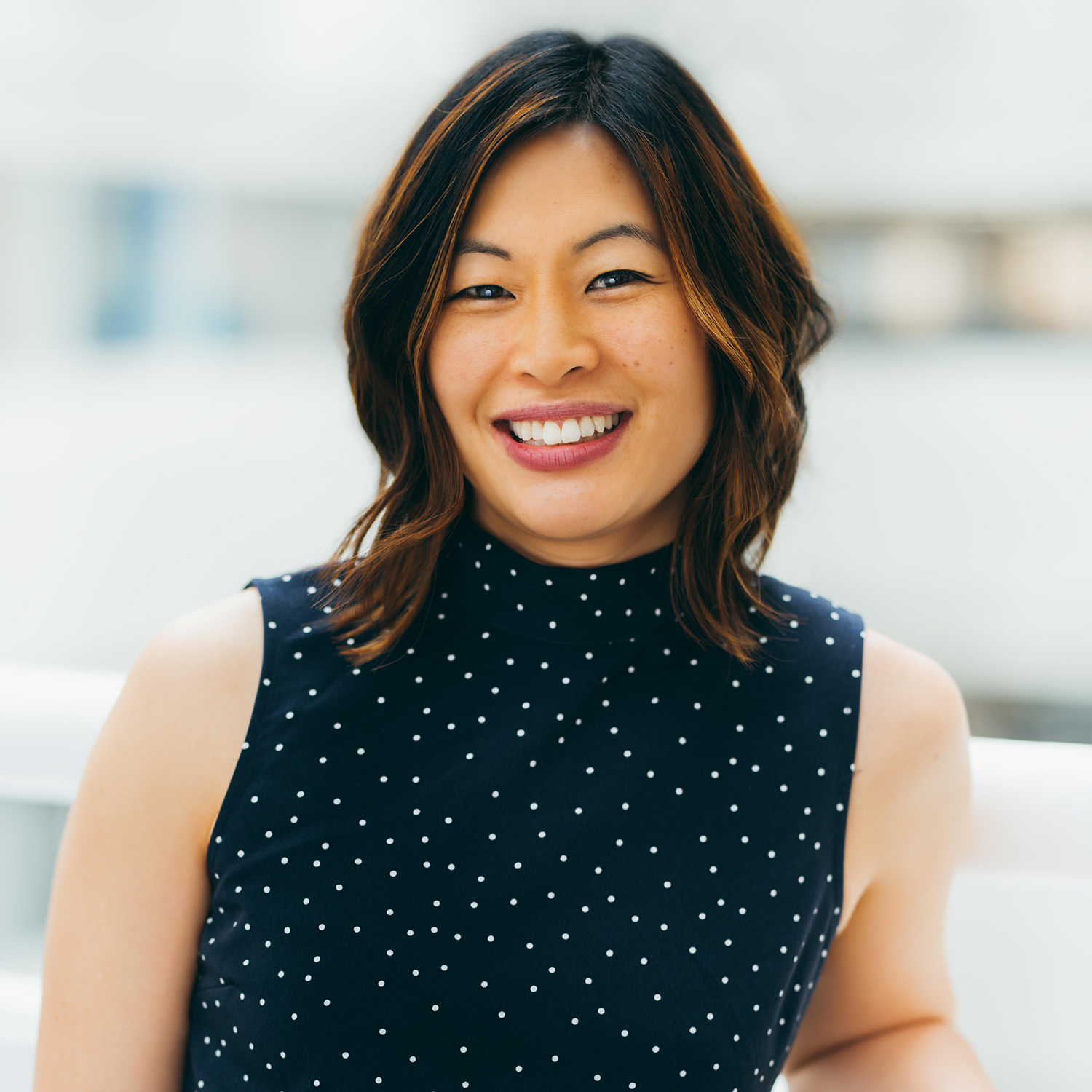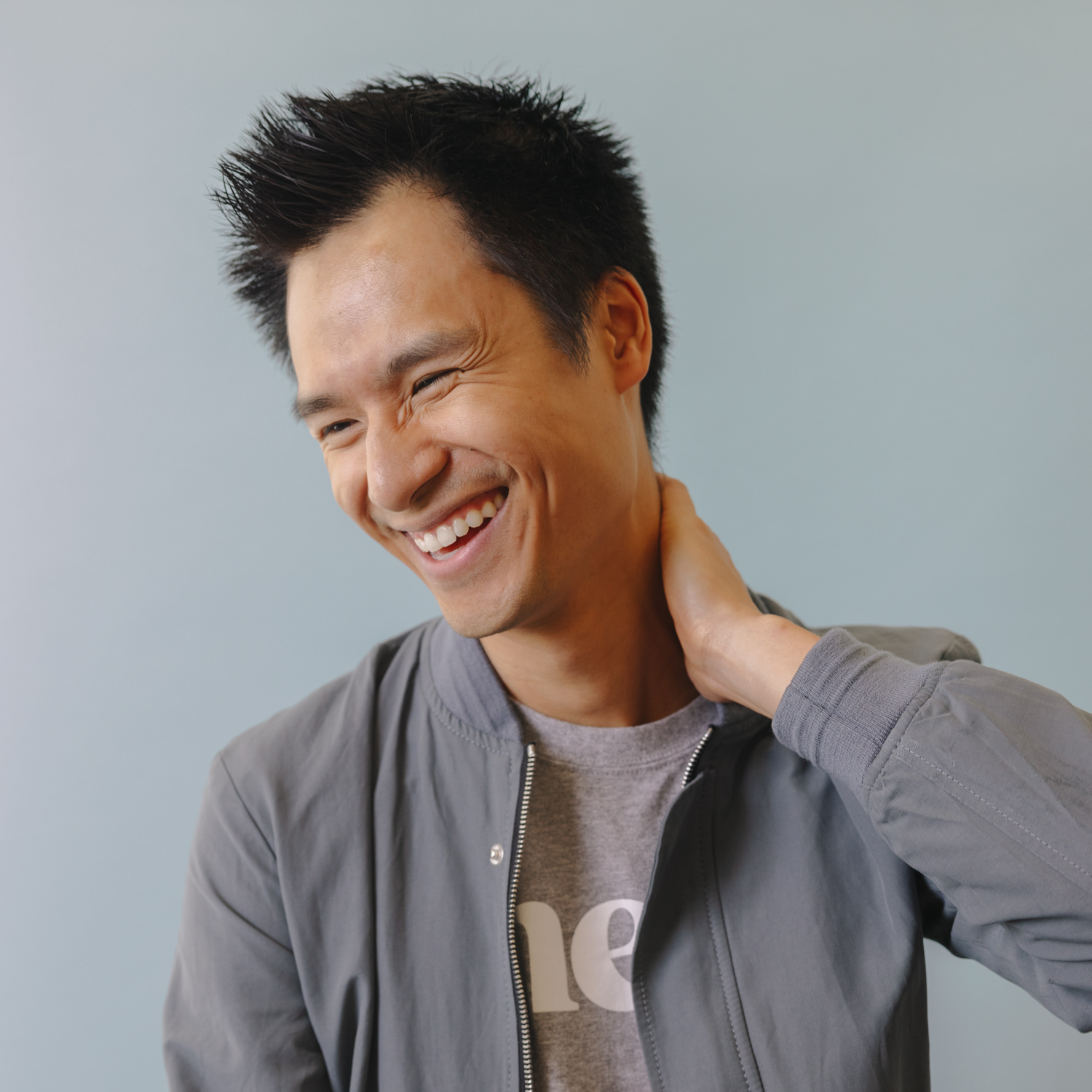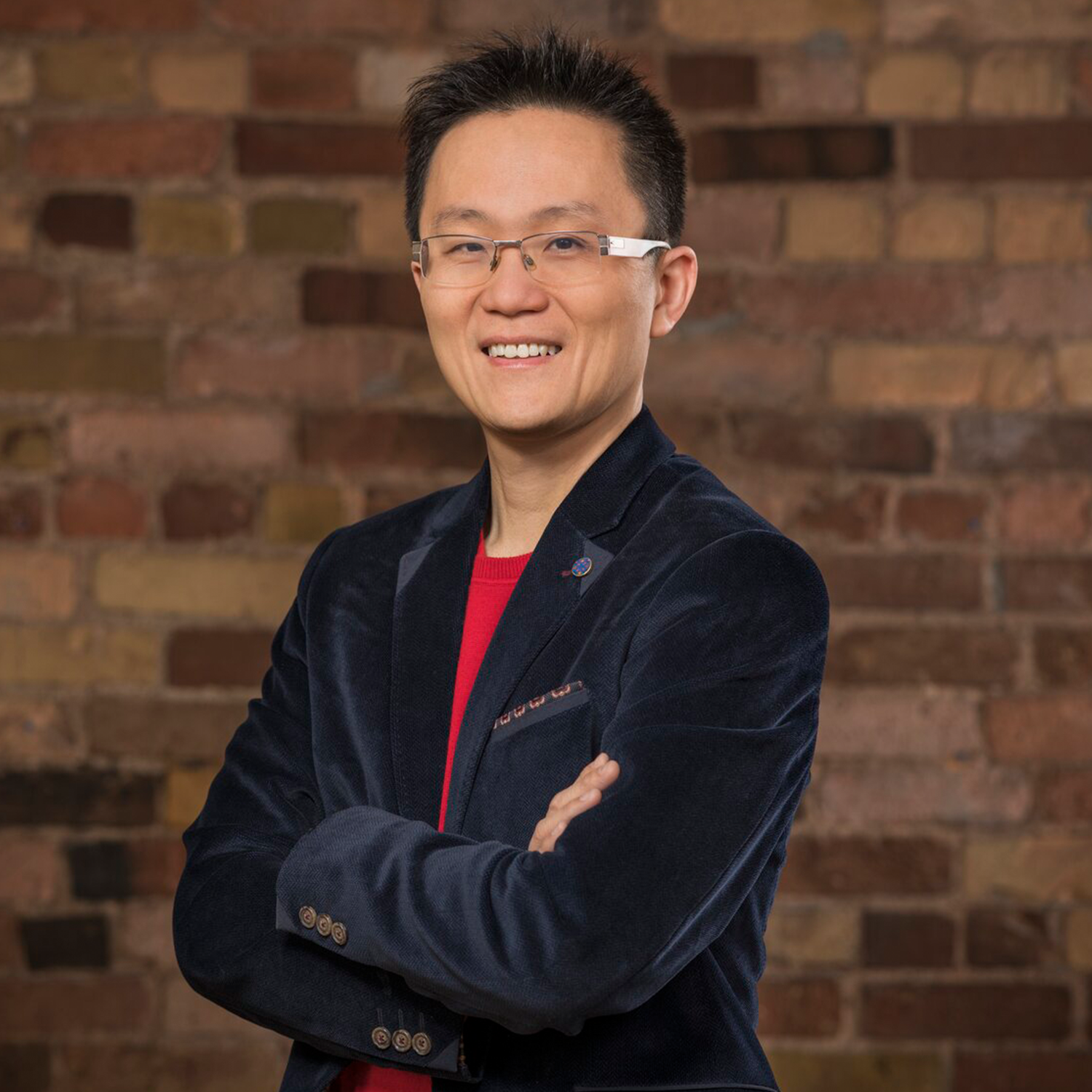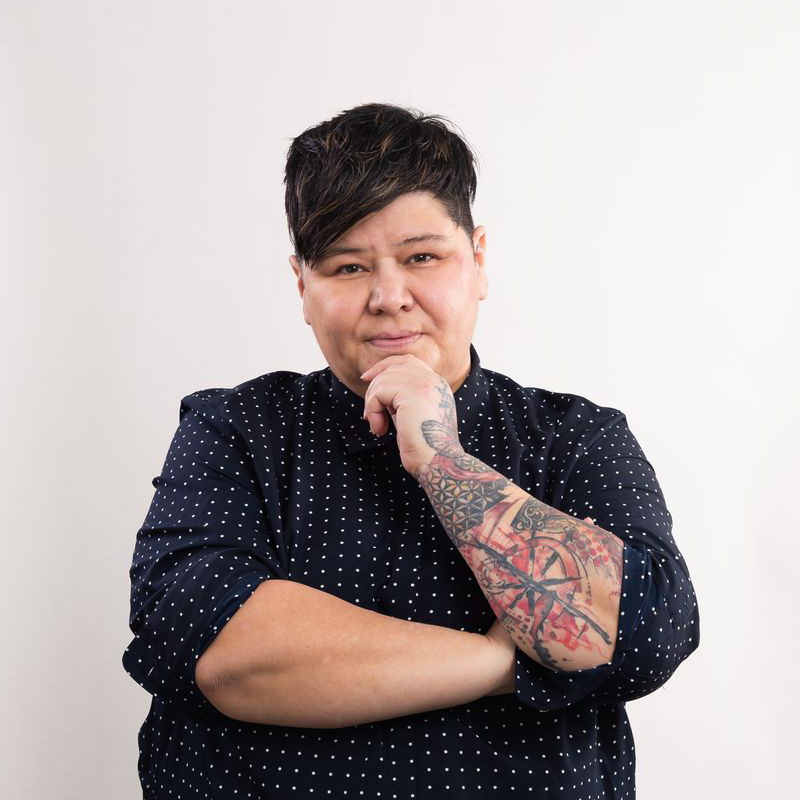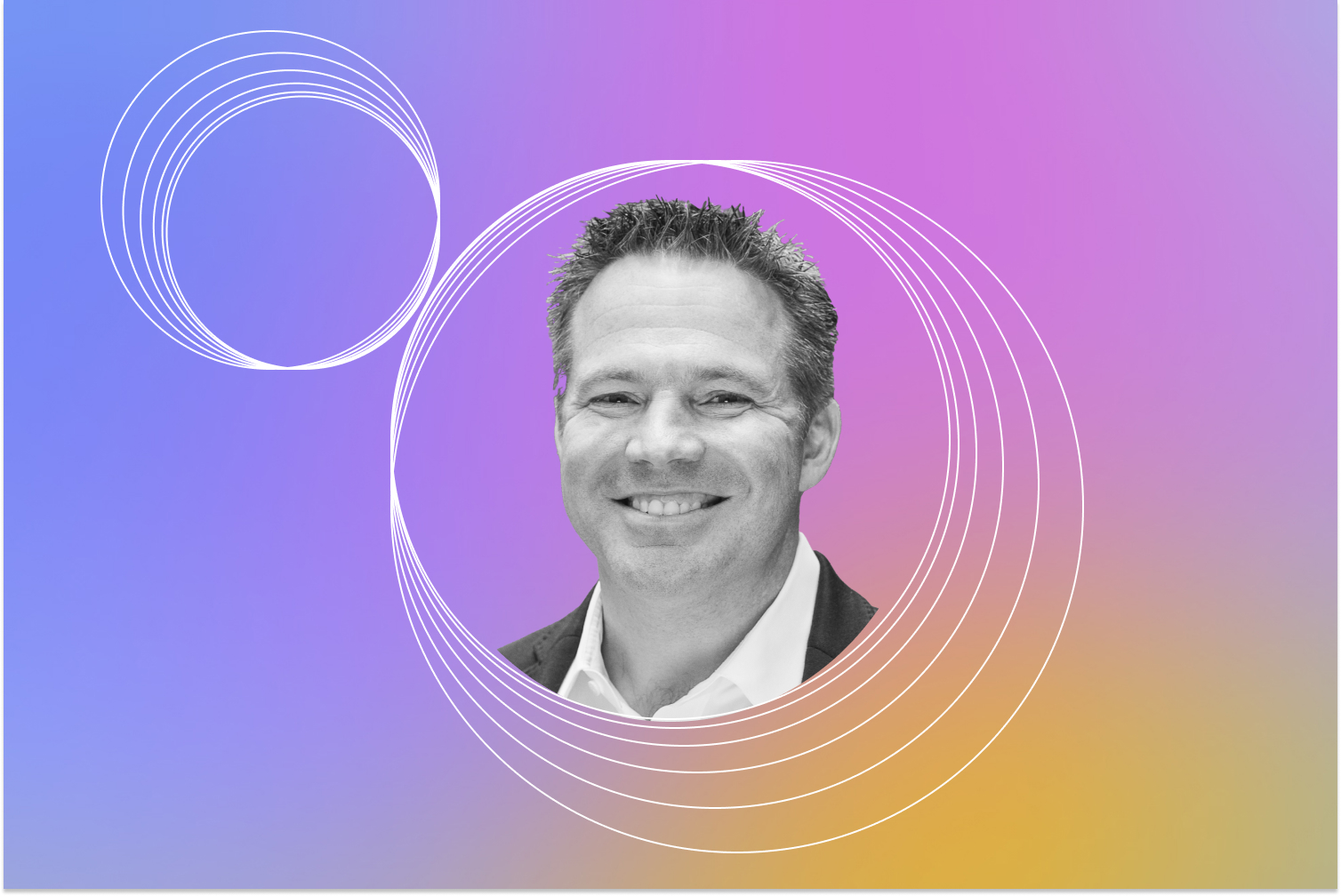How Vida Gabriel Is Making Carbon-capture Technology Even Greener
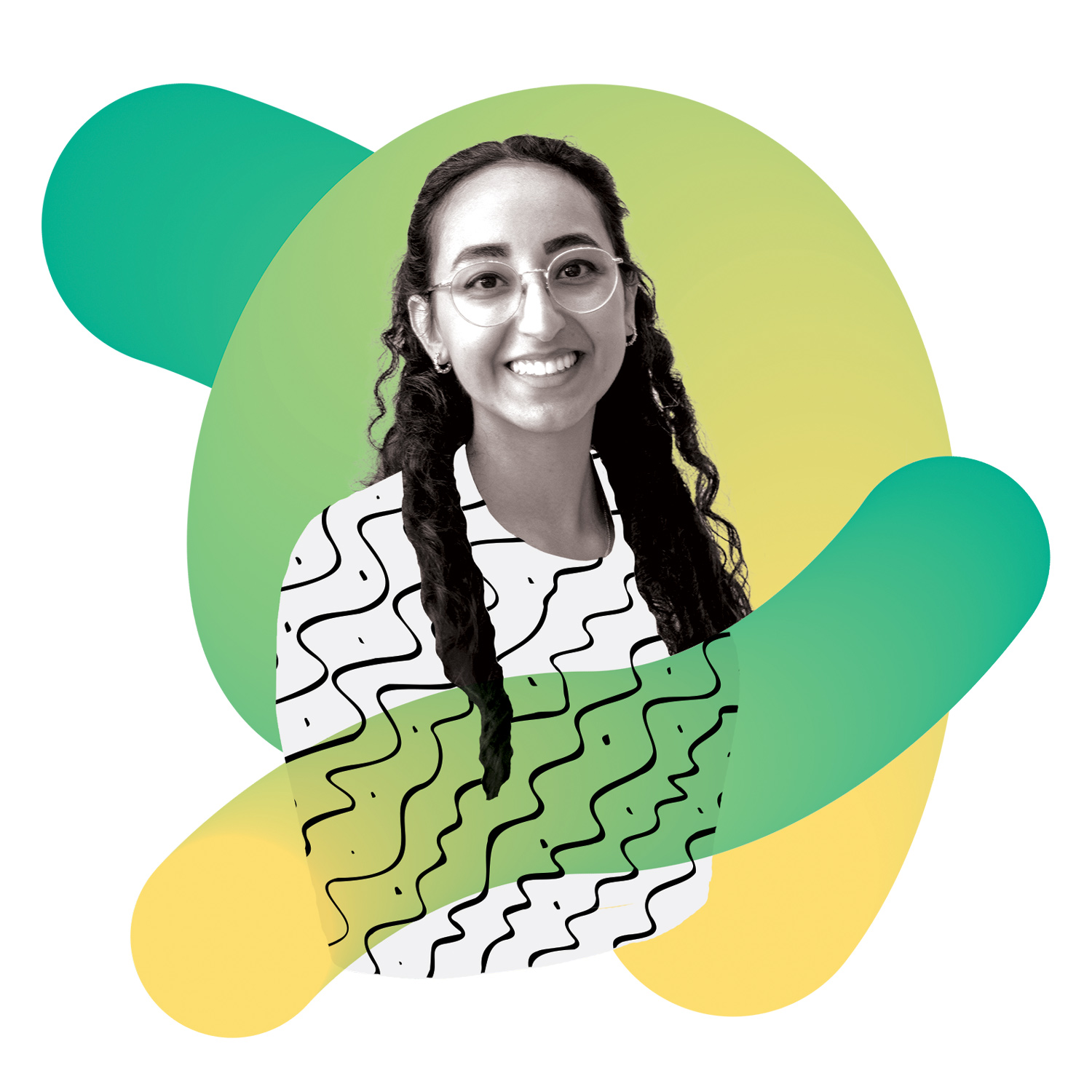
When Vida Gabriel was working on her master’s at the University of Ottawa in 2017, she met Sean Wilson, a chemical engineer, at a student holiday potluck where Wilson drew her name for Secret Santa. Gabriel, who was studying how to make polymers biodegradable, offered to help Wilson with grant applications for his invention—a carbon-capture machine built for cold weather. Two years later, they founded TerraFixing, a start-up that develops technology to pull carbon dioxide out of the air more efficiently. The company is now valued at over $10 million, thanks in part to $2 million in government funding and a $1.6 million investment from the founders of Tugliq Energy, a Montreal-based wind-power provider that will supply renewable energy to run TerraFixing’s tech, making its carbon-capture method even greener.
Title: COO, TerraFixing
Degree: Ph.D. in sustainable chemical reaction engineering, University of Ottawa
Age: 27
From: Brampton, Ont.
Currently lives in: Ottawa
When I was a kid, I thought I’d grow up to be: A university professor. I always thought it would be fun to teach people who are passionate about learning.
The biggest takeaway from my education is: In a lab, things break all the time. You’re constantly failing in order to move forward. I learned to look at those moments as an opportunity to problem-solve and find ways to fix something.
Related: How to Turn a Business Setback Into Success
A significant challenge I had to overcome was: Imposter syndrome, as clichéd as that sounds. As a young woman entrepreneur in tech, I was pitching to much older investors, who were often white men. I had to develop confidence and learn to be assertive.
My most influential mentor was: My co-founder, Sean. Aside from being incredibly smart, innovative and creative, he insists on having fun at work. He taught me to give equal priority to my personal life, and I now make time for hobbies, like hiking and cooking.
Something that really needs to change in my industry is: The slowness of the government in providing funding for clean-energy projects and in approving new tech. It could be a year after a fund is announced that you get access to that money because there’s a lot of bureaucracy. If there was a way to move things along faster at the government level, the whole industry would benefit.
“In a lab, things break all the time. You’re constantly failing in order to move forward.”
The moment I knew I’d made it was: This year, we were named a top 60 milestone finalist for the XPrize, a $100-million competition to create innovative solutions to climate change. The fact that third-party verifiers looked through our tech in depth and said that we’re good—that was really awesome.
The thing that keeps me motivated is: Creating a carbon-capture solution that’s optimized for Canadian climates. We can use our natural resources to actually reverse global warming. It’s so cool to know that we create carbon sinks that can help clean up our past mistakes.
When I need inspiration: I turn to music. I grew up as a musician—I played piano, bass guitar and drums. Music is a really great way to draw inspiration and creativity.
The advice I always give others now is: Get plugged into a local start-up incubator and learn from other entrepreneurs. You might not feel like you’re being productive by going to mixers or socials, but you learn so much just by talking to other founders.
Before I retire, I really want to: Be sitting with my grandchildren, and open up my phone to look at the news and see that atmospheric CO2 levels have started to go down.




